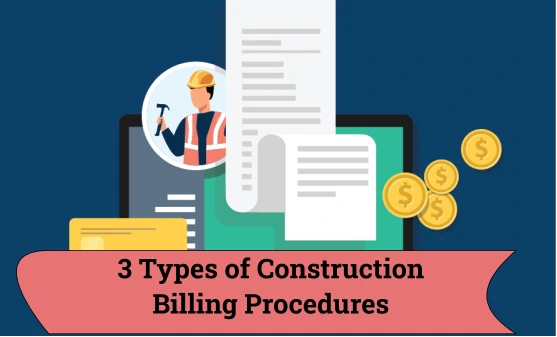Role of Project Management Consultancy in Construction
Project management Consultancy in Construction is a new move adopted by construction clients to save money, make the project less resource-intensive and increase the value of the project structure.
The construction industry generally caters to different types of projects and operations that include commercial, residential, industrial, corporate, real estate, pavement infrastructure and so on. Managing the complexity involved in these construction projects requires thorough knowledge of the procedures and a complete information database.
Project management consultancies and consultants help make the construction process more effective and efficient even during the post-construction phase. Management Consultancies indulge in construction project activities such as assisting and supporting design development, project management, work inspection, sustainability suggestions, contract administration and advising on how to develop the project.
Role of Consultants in Construction
A project management consultancy does not have a proper definition and is known by its roles, duties, services and responsibilities. They provide assistance to construction firms using the skills, expertise and tools they have been using to handle and deliver projects for clients.
There are various roles a project management consultant has to perform and only the important ones are discussed below.
1. Task Scheduling
Consultants play a crucial role in scheduling project activities from the start to the maintenance stage. They assist the construction company or contractor in preparing the project, scheduling and monitoring the project's progress. They upgrade the standard of coordination and collaboration between teams in executing the project operations using their vast experience.
The synchronization of different agencies and vendors with their clients is also improved tremendously by following the practices suggested by the consultancies. They assist in estimating the project budget and ensure the smooth release of funds as per the schedule to execute the project economically. Quality assurance, which is generally not seen in construction projects due to a lack of inspecting authority, is taken care of by the consultancies who inspect project execution at all stages.
The consultants ensure that the project gets completed in the stipulated time without any lapse in safety and in line with the construction regulations and compliances followed in the region.
2. Delay and Cost Analysis
Project Management Consultants perform delay and cost analysis for the entire project and intermediary project operations. This process performed by the consultants saves money and time to prevent delays and cost overruns. They analyze every aspect related to delays and costs at the micro-level and consider all constraints to cover all activities prone to lapses.
The possible delays and lapses are determined. The reason for the lapses is carefully examined. The corresponding remedial solutions are drafted by the consultants. They ensure that the errors responsible for the delays are avoided by completing project objectives as per schedule.
If there is an unforeseen delay or cost overrun, the consultants improvise remedial solutions as soon as possible to reduce the impact to a minimum. Most of the time, the project does not face any unwanted circumstances when consultants are employed to manage the project because they cover almost every probable lapse that can take place.
3. Quality Control and Assurance
Consultants have the best way to check the quality of materials and construction on project sites. They have specific steps to ensure the quality of various works such as finishing, concrete, installation and fabrication under regulatory standards.
They prepare structural elements according to standard codes. Testing of materials in the laboratory is carried out with the help of appropriate processes and the precautions they propose. They also make sure to discard non-standard materials, develop effective strategies to eliminate defects, purchase materials of appropriate quality, and check the dimensions of the structure after construction.
4. Maintaining Quality with Cost and Time
Maintaining the requisite quality in the stipulated cost and as time progresses is a tough job to do. Consultancies have the experience and resources to manage the quality of the materials and structures frequently during the project duration. They suggest steps and methods that ensure the overall quality doesn’t get compromised.
Cost is a secondary parameter in maintaining quality but time is a primary criterion to maintain quality because if all the activities are executed as per the schedule and on time, the quality will never suffer.
Vendors should be dealt with strictly if there is a decrease in the quality of procured materials. There should not be any leniency in inspecting the quality of the resources. In short, there should be a good balance between quality and time and cost.
5. Addon Activities
Consultancies keep a close eye on the extra activities that are necessary during any project activity. They possess the experience to decide on priority amongst activities to keep the project moving forward. They know when and how to execute the addon activity so that the master schedule does not get disturbed.
Every time an addon activity comes up, the consultants assess the urgency related to the new task and then decide on its scheduled execution. This deviation from the natural project schedule is documented each time to analyze the introduction of extra activities.
6. Safety Measures
With a wealth of experience, the consulting firm puts the safety of construction sites and employees first, even on small projects. They ensure that all safety requirements are met.
For each scheduled event, the consultant will set up the necessary protective equipment and instructions list. Safety rules are also listed so that operators can follow them when performing different tasks.






